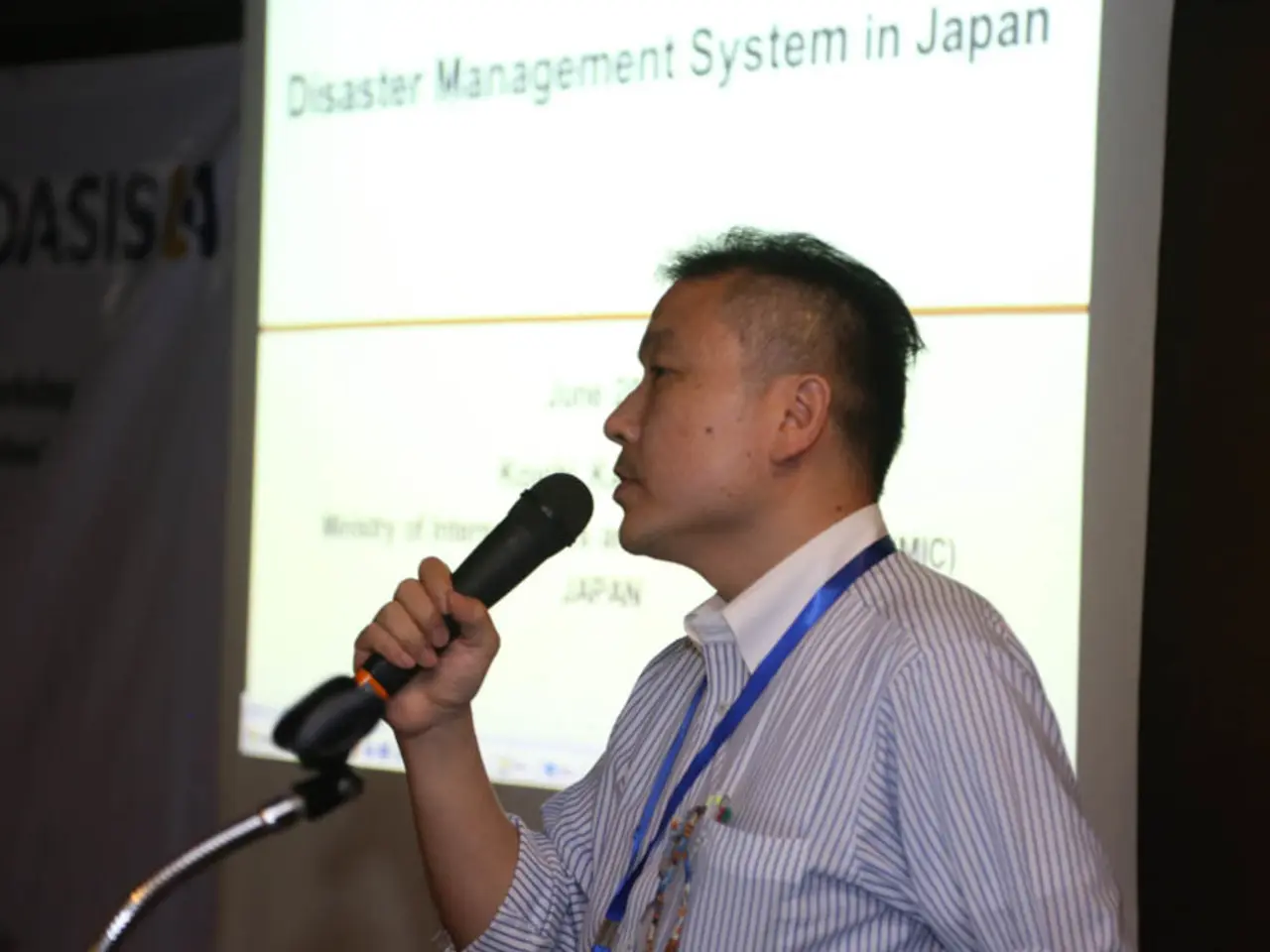June Witnesses a Surge in Heatstroke Cases in Japan, Setting a New Record
In a stark reminder of the escalating effects of climate change, Japan has witnessed an unprecedented surge in heatstroke cases in June 2023. According to the Fire and Disaster Management Agency, a record-breaking 17,229 cases were hospitalized via ambulance, marking a significant increase from the previous year.
The agency's report, released on July 23, 2023, revealed that the largest number of cases (6,819) occurred at home or in other residential settings, followed by 3,404 cases on roads. The record for heatstroke cases in June was shattered in 2023, surpassing the previous high of 15,969 set in 2022.
The extreme heatwave experienced in Japan during June and into July this year has been identified as a key factor. Nearly 50,000 people were hospitalized for heatstroke in July alone, indicating the severity of the situation.
The vulnerability of older adults is another significant concern, with about 60% of heatstroke hospitalizations involving people aged 65 or older. This age group is more susceptible to heat-related illnesses, making them particularly vulnerable during heatwaves.
Indoor heat exposure also played a role, with approximately 40% of cases occurring in residential or home settings. This suggests that people were affected even without outdoor exposure, likely due to inadequate cooling or hydration during the heatwave.
Experts suggest that such unprecedented heat events in Japan are becoming more common and severe due to climate change, which increases the likelihood and intensity of heatwaves. This underscores the potential public health concern posed by the changing climate.
The high temperatures in many areas of Japan in June 2023, with maximum temperatures above 35 degrees Celsius on multiple days, have contributed to the high number of heatstroke cases.
This alarming trend in heatstroke cases highlights the urgent need for measures to protect vulnerable populations and improve indoor cooling and hydration systems during heatwaves. As climate change continues to intensify, it is crucial for Japan and other countries to adapt and implement effective strategies to mitigate the risks associated with extreme heat events.
- The agency's report also indicated that over half of the heatstroke hospitalizations involved individuals aged 65 or older, highlighting the vulnerability of older adults in these extreme weather conditions.
- In an effort to combat the rise in heatstroke cases, experts are advocating for the improvement of indoor cooling systems and the promotion of health-and-wellness practices such as staying hydrated during fitness-and-exercise activities.
- Amidst the increasing number of heatstroke cases, scientists are using photographs and data from this heatwave to study the impact of climate change on human health, particularly in terms of aging.



